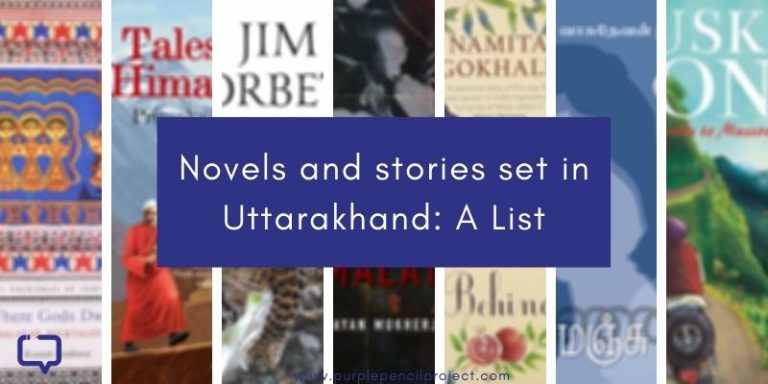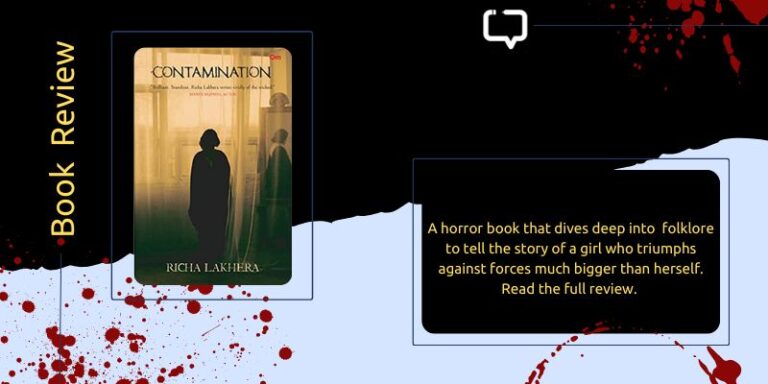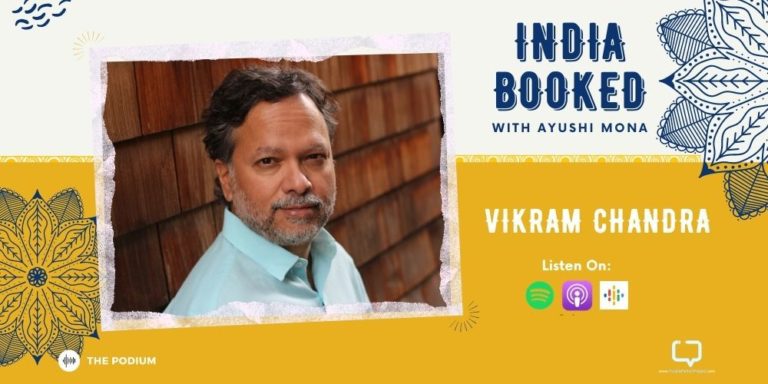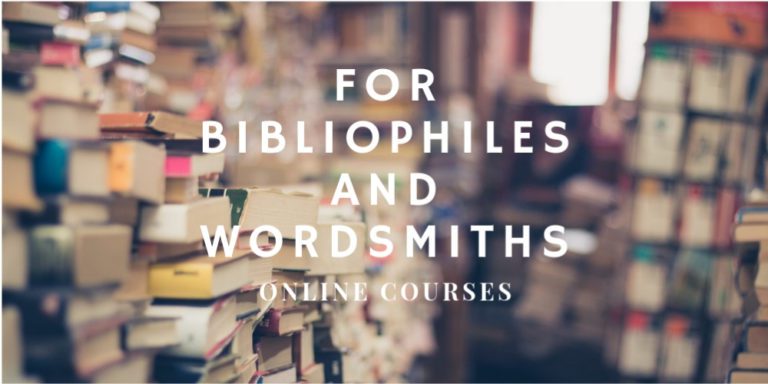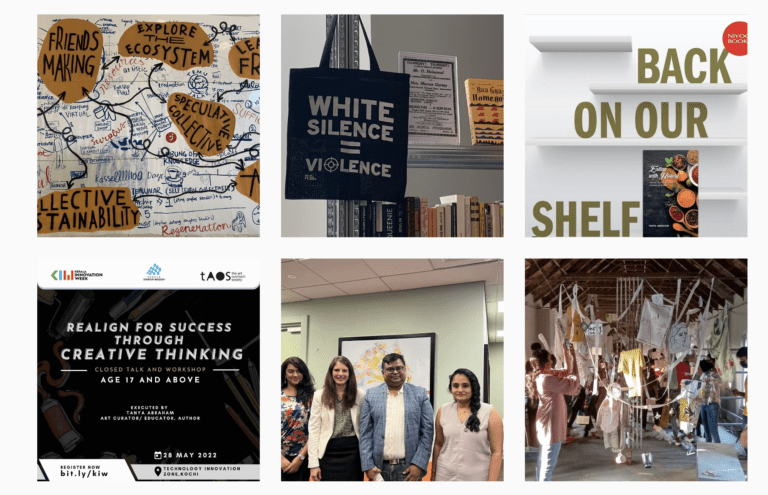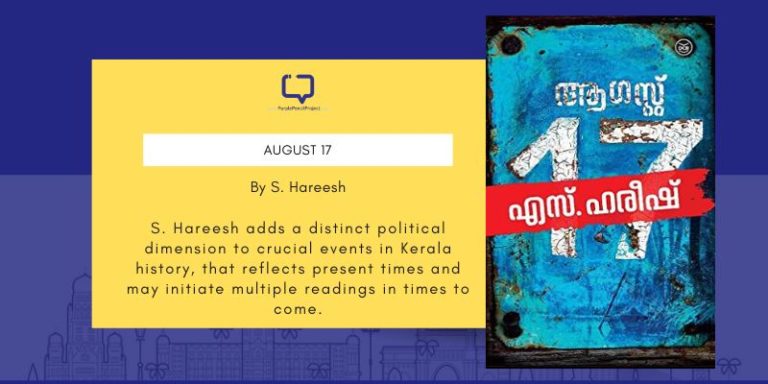Varsha Seshan is a childrens writer, classical dancer, and teacher. She has a Master’s degree in English Literature from Jadavpur University Kolkata in 2009, winning two medals for Shakespeare studies. Varsha works with schools and publishers to conduct teacher training programmes, especially for English Language Teaching, reading and creative writing, both online and offline. Some of her books include The Story-Catcher, Dragonflies, Jigsaws, and Seashells, The Prophecy of Rasphora, among others. She will be visiting the Bookaroo Children’s Literature Festival 2022 at Vadodara on 19th and 20th November 2022 at the Art District, Alembic City, Vadodara.
Excerpts from an exclusive interview.
You started writing at a very young age and now host creative writing workshops for kids. What would be your advice for children who dream of writing a book?
Varsha Seshan: First, read, read, and read some more. And side by side, write. Write what you want, yes, but also keep in mind what you think you would like to read. Be open to feedback, revision and rewriting. Honestly, this is where I find that creative writing workshops help! I see how children at my writing programmes give and receive feedback, and how they work on their writing based on that feedback. It’s crucial! Additionally, publishing is very easy thanks to technology, but shoddily edited work is embarrassing to look at later. So KDP and self-publishing may not be your friends. We grow as writers, but no matter if I’m writing my first book or my twentieth, an editor’s opinion is invaluable. And that’s why I encourage children to begin by sending their work to contests, magazines and newspapers, instead of self-publishing.
As someone who has been writing for kids for years now, how do you keep up with the ever changing perspectives of life in your writing? Generation gap was considered to be of a few decades earlier but now it is of a few years only. Do you adapt your writing style keeping in mind these changes?
Varsha Seshan: Yes! For instance, when I was writing Sisters at New Dawn (Young Zubaan, 2020), I was writing a section where one of the characters experiences cyber-bullying. I made a reference to Facebook—only to discover that only “old” people use Facebook. I changed it to Instagram, though I know that Instagram may become passé soon too. With respect to these content-related changes, I think it is important to keep up with the times while writing realistic fiction. And that’s where interacting with children at my book clubs and writing programmes comes in handy!In terms of style, I, like all other writers, change and grow, influenced by what I read. I also find it worth remembering that even with changing times, big themes remain timeless – a sense of wonder, the fear of the unknown, the value of friendship, the burning desire for justice, and the need to be loved.
After having written so many children’s books across age-groups and also running your own book club for kids, do you think the reading habits have changed over the years? If yes, how? If no, how?
Varsha Seshan: It’s difficult to make any sort of generalisation. Each child is unique, in terms of personality, upbringing and socio-cultural context. At my book clubs, I often find that one child loves a book that another can’t finish—and this used to be true when I was a child too. Every six weeks, I ask my book clubbers to hold up their favourite book, and it no longer surprises me that a book one child adores is the only book another child hates. Reading tastes vary, they always have varied, and they always will!In terms of reading habits, too, patterns stay the same. If children see adults reading for pleasure, they’re more likely to read. If their adults are hooked to devices, children will be drawn to screens too.
Do share your favourite recommended reads for kids!
Varsha Seshan: This is very difficult! I have hundreds of favourites, so if I answer the same question in a few days’ time, I’ll probably name very different books. I’ve restricted myself to three for each category.
Picture Books: Giggi and Daddy (Richa Jha), Ammachi’s Amazing Machines (Rajiv Eipe), You Can’t Find Me (Jemma Jose)
Chapter Books: Malhar in the Middle (Shruthi Rao), Trouble with Magic (Asha Nehemiah), Maya in a Mess (Meera Nair)
Early Middle Grade: Frindle (Andrew Clements), Secret Friends (Elizabeth Laird), Moin and the Monster (Anushka Ravishankar)
Late Middle Grade: Journey to the River Sea (Eva Ibbotson), The Girl Savage (Katherine Rundell), All of Me (Venita Coelho)
Young Adult: One (Sarah Crossan), The Bone Sparrow (Zana Fraillon), Talking of Muskaan (Himanjali Sankar)
What are some tips you would give to kids or parents of kids who aspire to tell stories?
Varsha Seshan: Here you go!
- Read. Read widely and omnivorously without looking down on any kind of literature.
- Write. Carry a notebook with you all the time, and write about journeys, rainy days, holidays, everything. We become better writers only by practising.
- Rewrite. Young children may be put off by the idea of rewriting, but especially as children grow as writers, they need to keep checking if their stories hold together. The first draft isn’t perfect! Editing and rewriting help it reach its best potential.
- Research. The internet is our friend! Find out if there are contests for children. See if there are magazines and newspapers looking to publish children’s work. Also, you might need to do some research for the story itself. If your story is set in a jungle in Madhya Pradesh, read up about it. Make sure your facts are in place.
- Have fun. There’s no point writing if you don’t enjoy writing. Writing should never be something that makes you groan.
Can you share a bit about your writing process, especially how you differentiate on the approach to a book depending on the age group?
Varsha Seshan:
I am what is often called a pantser. I just write. When I begin, I have no idea what I’m going to write. A short story? Maybe. A 35,000-word middle-grade book? Also, maybe.
I let the characters play in my head and on the page. They lead the story, not I. And they behave in certain ways that help me determine how old they are and so, how old my target audience should be. A story could begin anywhere—with a stray thought, a place I love, or something someone says. Sometimes, it even begins with an assignment I set for the young writers at my writing programmes! This utter lack of planning means that I rewrite my books a dozen times—and that’s not an exaggeration! If I plot and plan, I find that I’m bored before I’ve begun. If I don’t find my work exciting, who will?











